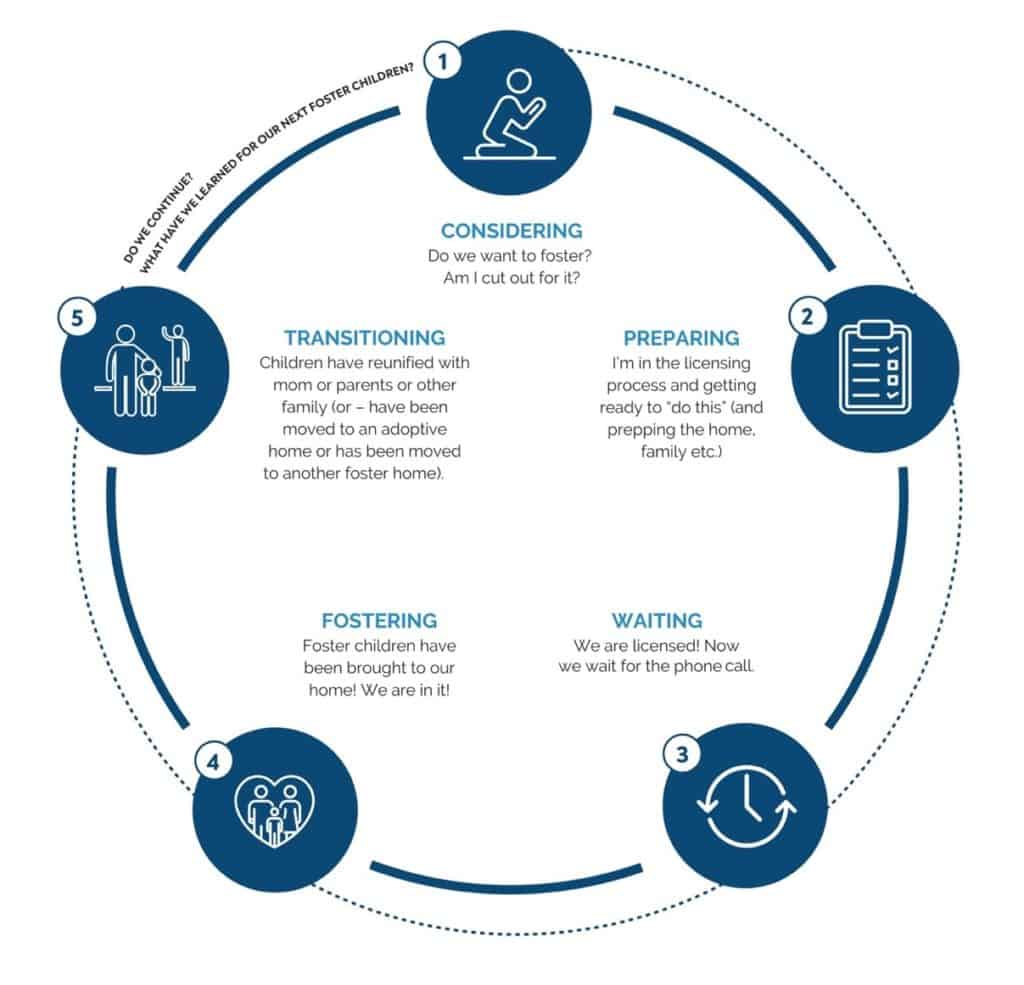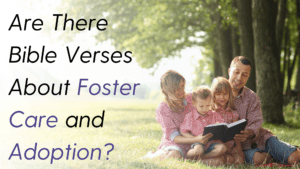After Sue and I graduated from college and got married, I landed a great job in the publishing industry. I thought my college days were over. Little did I know that God had other plans for our lives. Plans that involved more schooling to prepare us for our future.
Our journey started with prayer, discussions, and soul searching to understand if God was leading us to pursue graduate school. Once the Lord’s leading was clear, we started research to find the best programs to meet our needs. We spent time studying and training so we could score well on the graduate record exam. We wrote essays and completed lengthy application. Letters of recommendation written for each of the eleven universities where we applied. At the time, it seemed like a challenging and uncertain journey because we did not know if it would pay off.
While this was just the first step, I believe it was the most important. Without preparation, we would have never gone to graduate school. And if we had never gone to graduate school, we would not have the unique platforms God has given us today. Platforms to share Christ’s hope, healing, and unconditional love with many hurting children, adults, and families.
In many ways, the path to becoming a licensed foster parent is like our journey to graduate school. Once God’s leading is clear, and the decision to move forward is made, the journey is long and involved. Filled with training classes, applications, home study visits, background checks, letters of recommendation, etc. While the outcome of the journey is uncertain at the beginning, what is certain is that God is working all things together for our good as we follow his leading.
Becoming A Foster Parent
Current foster parent candidates, Scott and Robbi Anne, felt God prodding them to help answer the great needs families face today.
“For us, the pandemic has highlighted the need for healthy foster parents to be ready to step in. With families experiencing extreme financial hardship, the loss of jobs, lack of face-to-face education for the little ones, we feel like the Lord is highlighting how all of this challenge is putting more pressure on already hurting families. We believe it is our calling to step into that gap and help alleviate the pressure while making way for healing.”
Scott and Robbi Anne are just two of the 174 individuals FaithBridge has seen go through foster parent training between March and June. This represents a 60% increase in participants compared with the same timeframe in 2019. In a time when COVID-19 is closing things down, God is building things up. He is calling his church to step into the gap for the 650,000 children and youth in the U.S. placed into the foster care system each year.
Having recruited, trained, licensed, and supported more than 1,000 foster families, FaithBridge has observed that each foster family experiences a cycle of five different phases during their journey. Those phases include considering, preparing, waiting, fostering, and transitioning. Working in collaboration with pastor and author Jason Johnson, FaithBridge has developed training and materials called Phases of Fostering to equip churches to support individuals and families during their fostering journey.

The Second Phase of Fostering: Preparing
Preparing to become a foster parent can take as little as a couple of months. However, at times it feels like it will never end. This is where the body of Christ can step in. They can help encourage and support individuals and families who feel called to foster.
Starting Support Early
Very often, support for a foster family doesn’t start until children are placed in their home. Still, there are many opportunities during this preparation time for churches, volunteers, family, and friends to begin to provide support. Getting connected to families during this phase helps them see all that foster parents do to get licensed and serve. It also gives a sense of investment in the process. Which can result in a stronger commitment to serve long term and helps them feel part of the team.
Providing support while families are in this phase could be as simple as:
- sending a gift card to their favorite restaurant;
- bringing them their favorite coffee and offering to babysit so they can fill out paperwork in peace; or
- helping them babyproof all the electrical outlets, kitchen cabinets, and sharp corners in their home.
This can give a foster family a taste of what it feels like to truly be cared for by their church and their community before they have a child placed in their home. Plainly said: no one should foster alone. No one should prepare to foster alone, either.
Encouraging Families Through
Pastors and church leaders have the opportunity to make sure individuals and families feel seen, loved, and supported as they take these, often tedious, steps towards fostering. Foster parents are often confronted with the fear that they will not have what it takes. Most foster parents will tell you that it is easy to feel isolated and lonely even with support. If you take measures now to work against that, by establishing clear expectations to these families and your entire church community, they will be seen, loved, and supported every step of the way.
Helping Families Consider Stretch Parameters
Most families have already decided on the age range and number of children they can handle at this phase. Today’s biggest needs in foster care are for families who are willing to take in sibling groups, older children, and teenagers. However, most new foster families have set their parameters to younger children, and usually only one. We recommend that you be respectful of what is appropriate for each family. And be prayerfully considerate of ways you can encourage them to be open to God stretching them. This kind of support and encouragement may be just what a family needs to consider serving more or older children.
This ministry is about reconciliation for the children and the families from which they come. As you walk alongside foster families, continue to reinforce God’s heart for restoration. Have honest conversations with families about their hopes and expectations going into the fostering process.
With more than 300,000 Christian churches covering every community in the U.S., FaithBridge Foster Care believes the local church is the answer to the foster care crisis in America. We partner with local churches to recruit, train, and license foster families. Recruit them to provide community-based, short- and long-term traditional and therapeutic care for foster children in Georgia. Our vision is for every foster child to experience the hope, healing, and unconditional love of Jesus Christ.





















